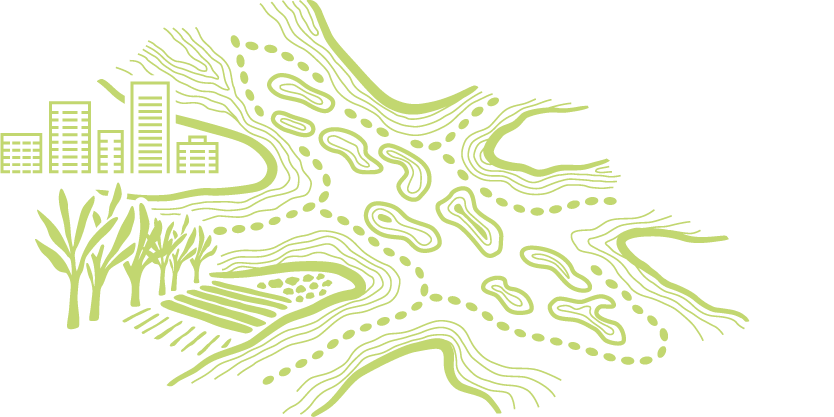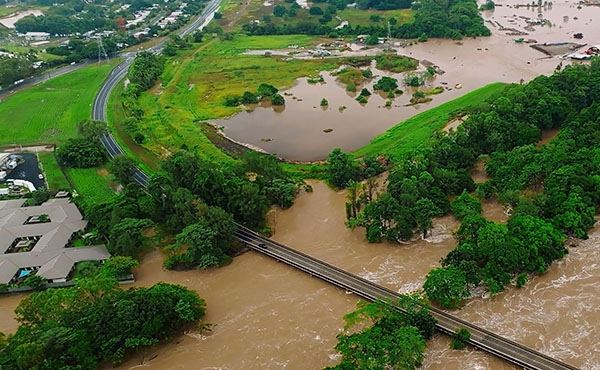Grading statements — Impacts on ecological, heritage, economic and social values
Few or no impacts have been observed and accepted predictions indicate that future impacts on the Region’s ecological, heritage, economic or social values are minor.
Some minor impacts have already been observed and there is concern that, based on predictions, there will be significant but localised impacts on the Region’s ecological heritage, economic or social values.
Current and predicted future impacts are likely to significantly affect the Region’s ecological, heritage, economic or social values. Concern about serious ecosystem, heritage economic or social effects within the next 20–50 years.
Current and predicted future impacts are likely to irreversibly destroy much of the Region’s ecological, heritage, economic or social values. Widespread and serious ecosystem, heritage, economic or social effects likely within the next 10–20 years.
or
Borderline Indicates where a component or criterion is considered close to satisfying the adjacent grading statement.
Confidence
Adequate high-quality evidence and high level of consensus
Limited evidence or limited consensus
Inferred, very limited evidence
The economic value of Reef-dependent uses relies on a healthy Reef ecosystem. For non-Reef-dependent uses, economic value is aligned with market forces and population growth in the Catchment. Effects of ecological declines have become apparent over the past few years. Global and national disruptions due to management of the COVID-19 pandemic led to economic impacts on industries.
Climate change effects on the Region’s natural heritage are expected to have major economic consequences for Reef-dependent industries, including tourism and fisheries. Tourism operators have shown adaptability and resilience since 2019, so significant economic losses for this reef-dependent industry due to climate change impacts have not yet been realised. Other industries, such as recreational and commercial fisheries, that are dependent on reef-associated fish can also be affected by climate change. More frequent severe weather also poses a significant economic and social risk to the Queensland community as ecosystem services provided by coral reef ecosystems, such as coastal protection, decline.
Population growth, poorly managed land use, development and infrastructure in the Catchment may affect the marine ecosystem. Changes in land use resulting in poor water quality can also affect recreational and tourism activities, particularly in inshore and coastal areas. Indirectly, this would place pressure on the profitability of Reef-dependent uses.
The Region is vulnerable to the effects of poor water quality. Resulting declines in ecosystem health will affect the economic growth of Reef-dependent industries. Slow progress in achieving water quality targets is likely to impair the recovery of inshore ecosystems, so it will continue to affect important inshore tourism sites. If improvements in land-based management practices continue, impacts may decrease in the future.
Direct use of the Region continues to be a significant contributor to regional and national economies. All direct use was affected by management of the COVID-19 pandemic to some degree, with some significant economic impacts. However, in 2023 most industries are returning to pre-pandemic levels. Recreation, shipping and port activity are projected to increase. Future economic value of many Reef-dependent activities is intrinsically linked to the condition of the Reef.


